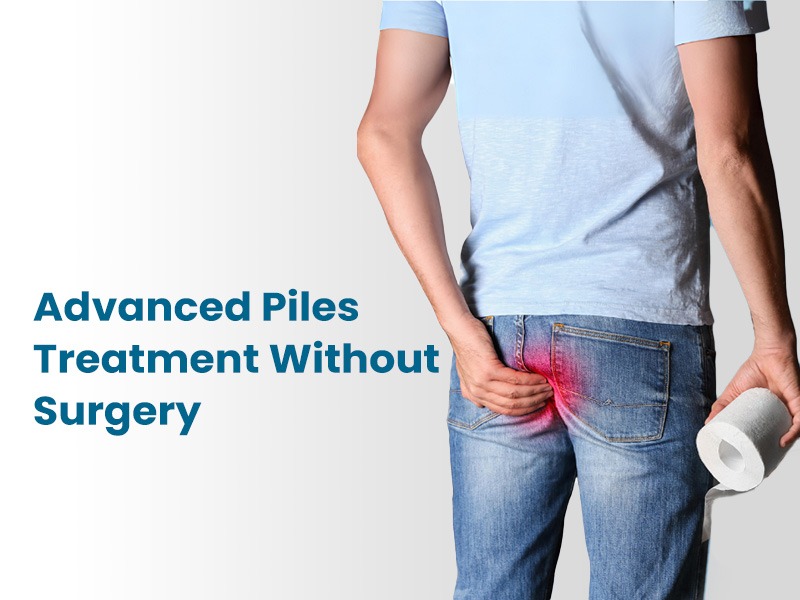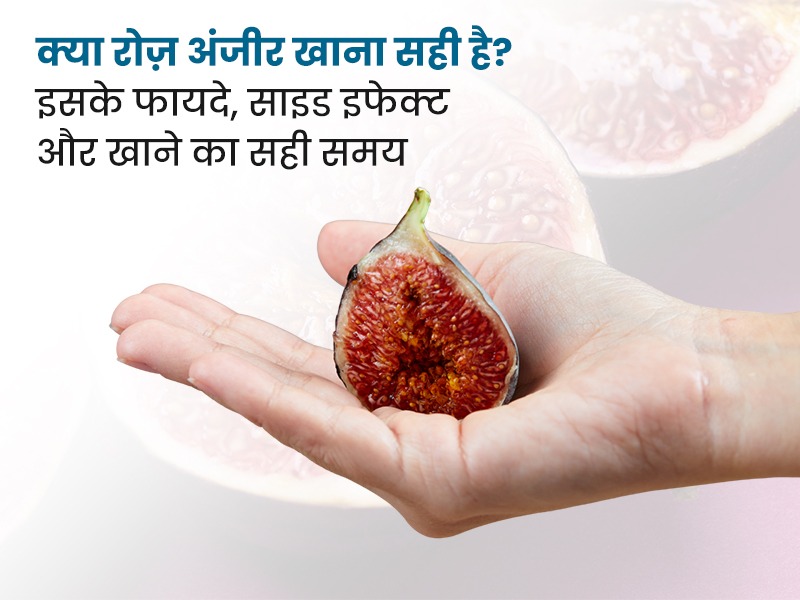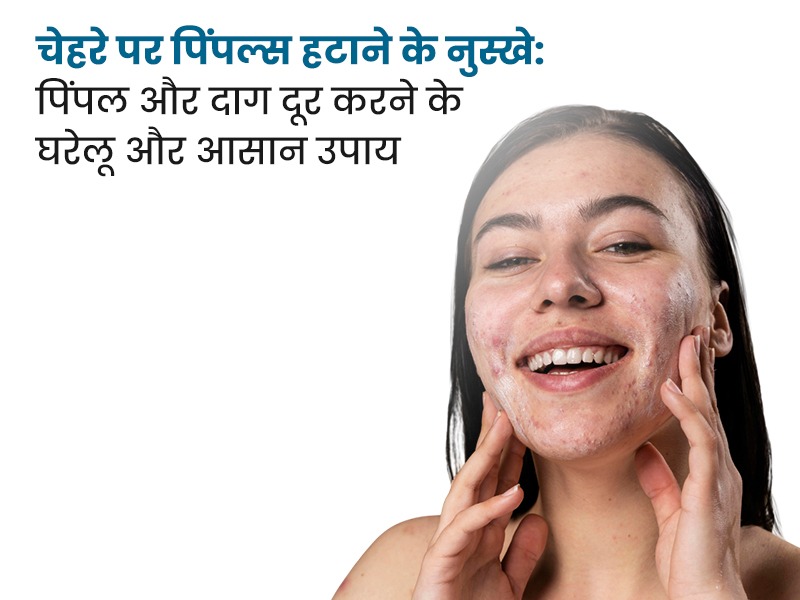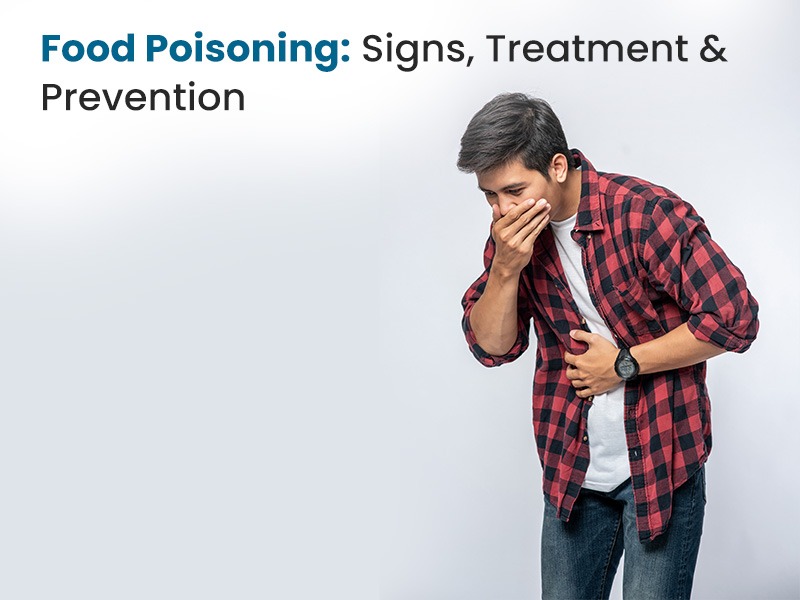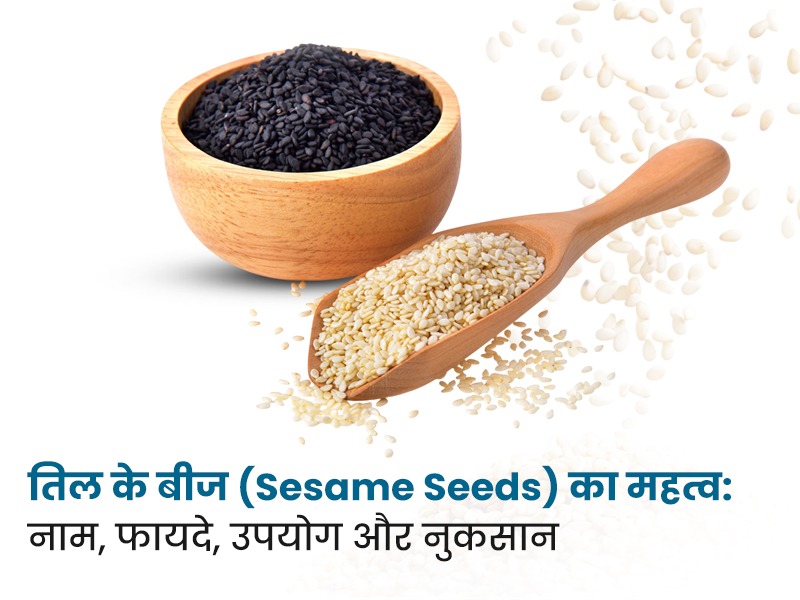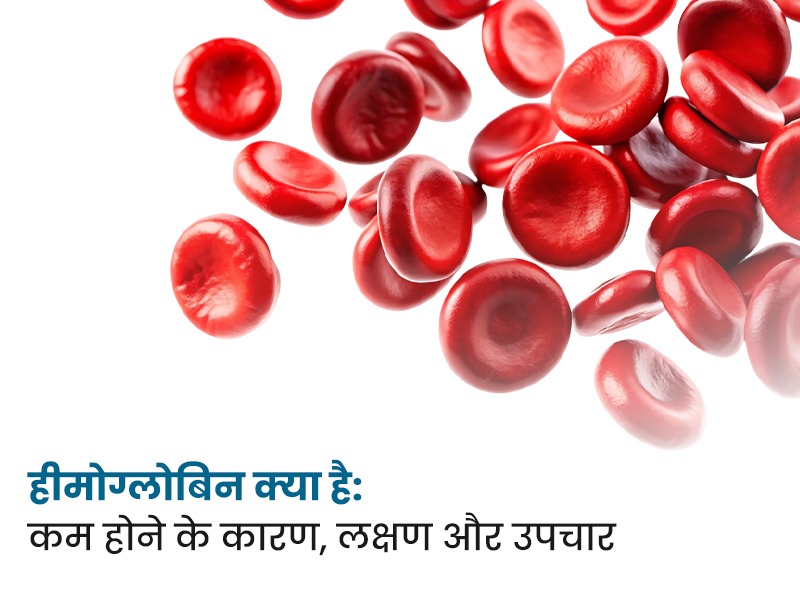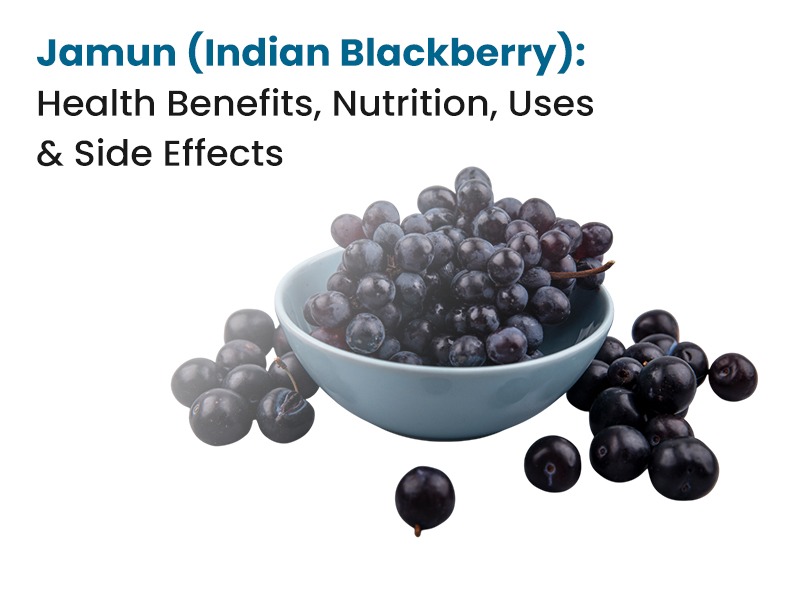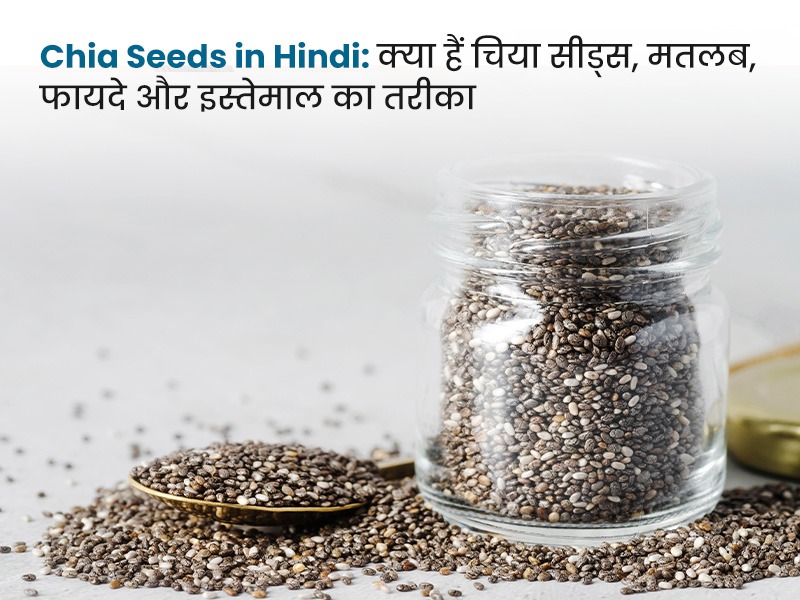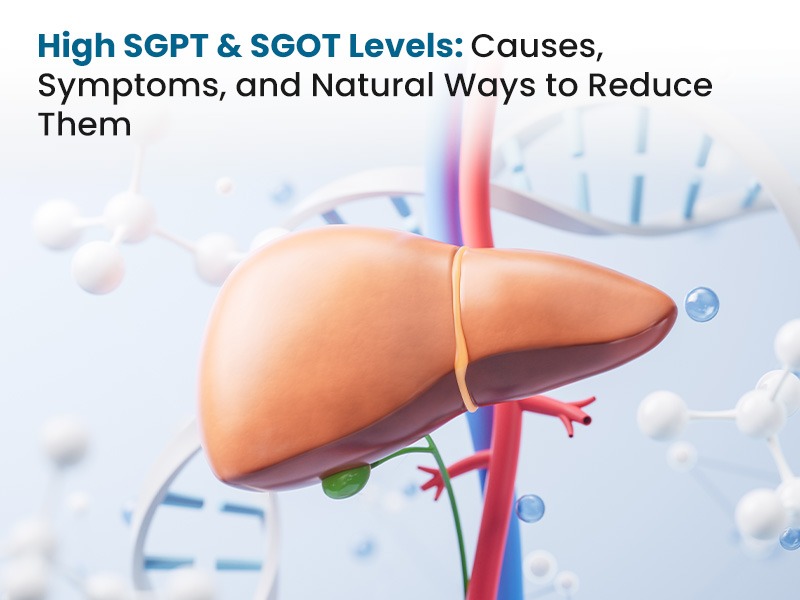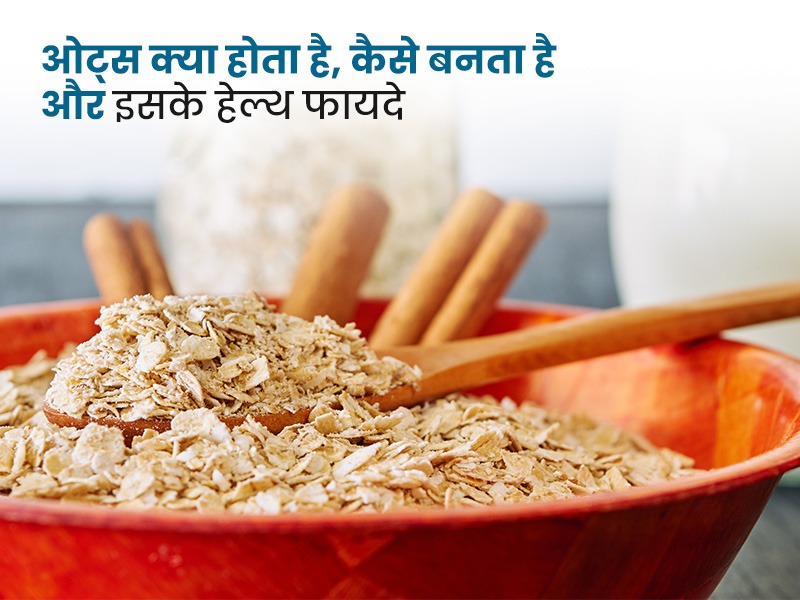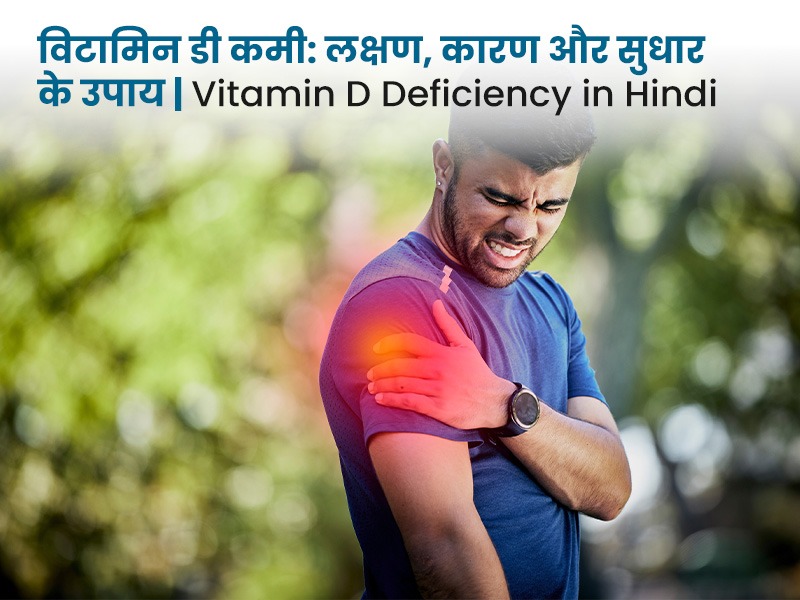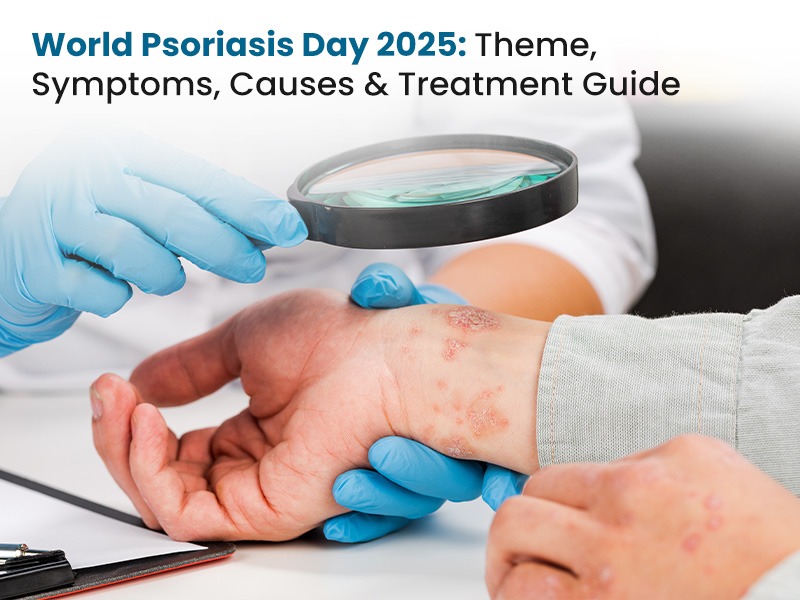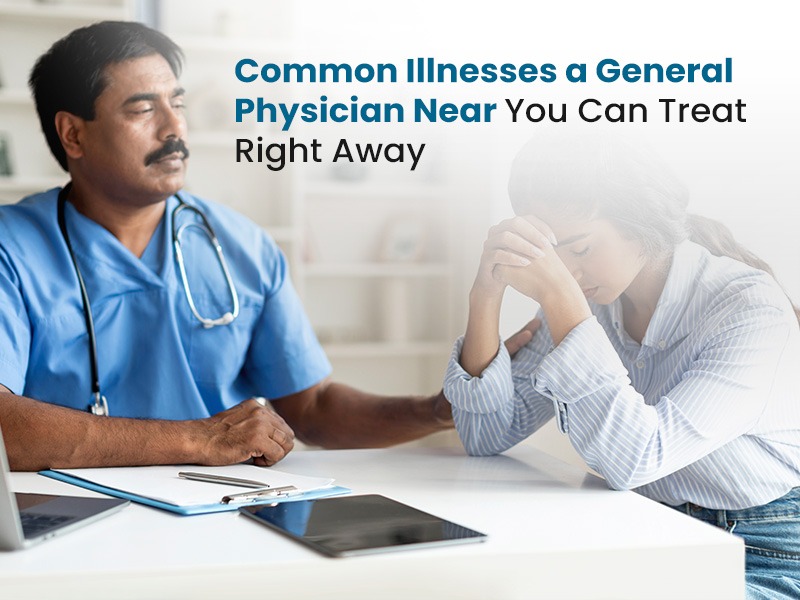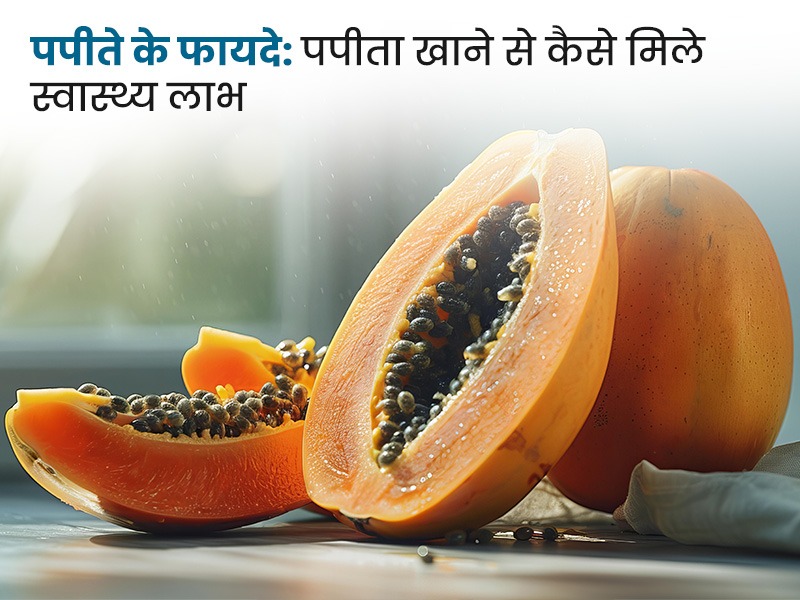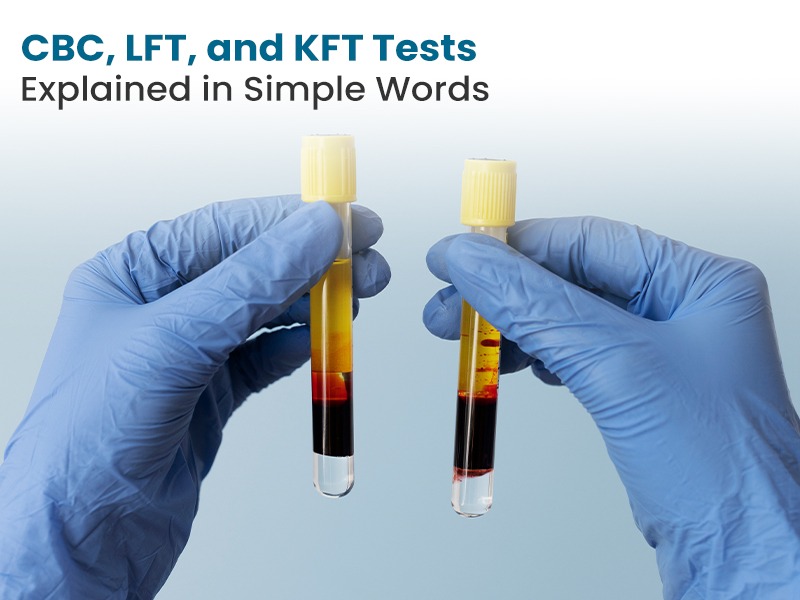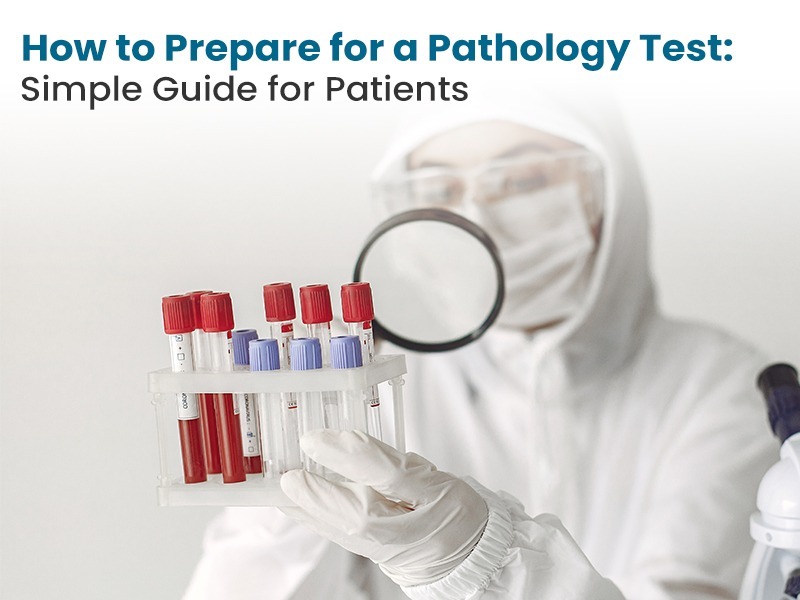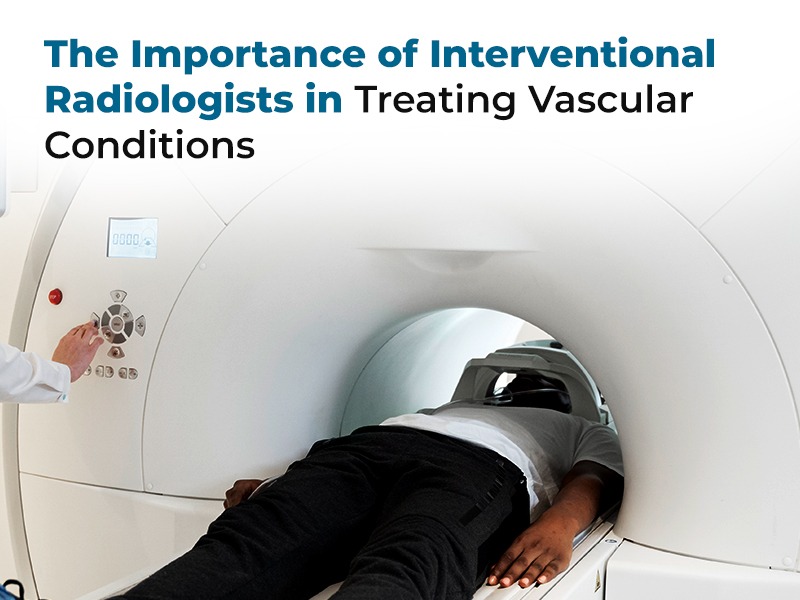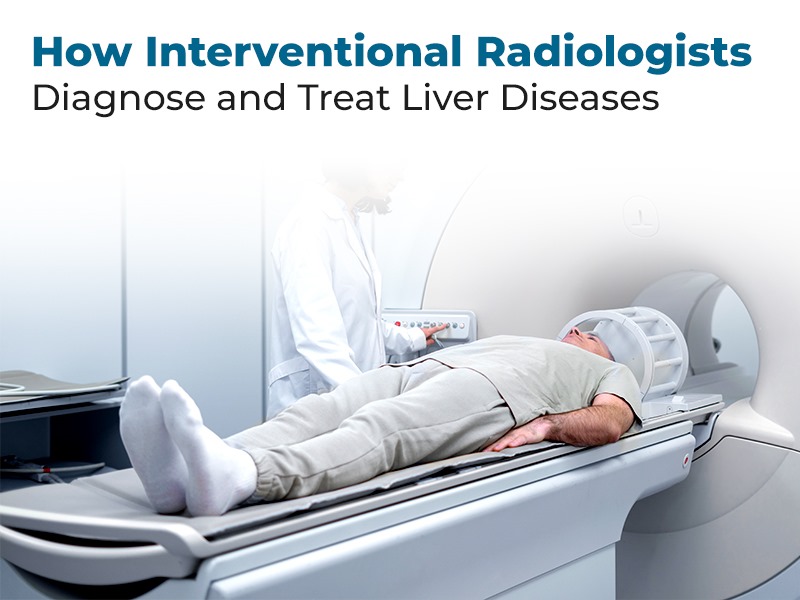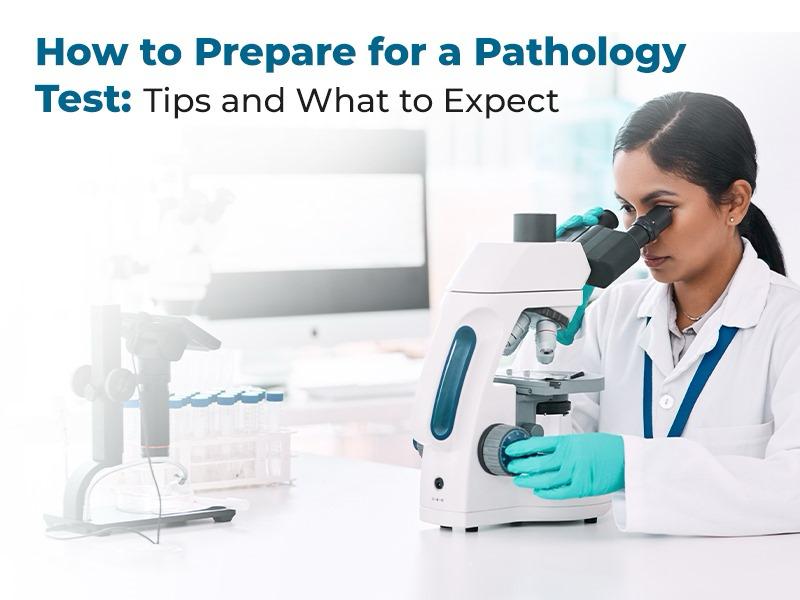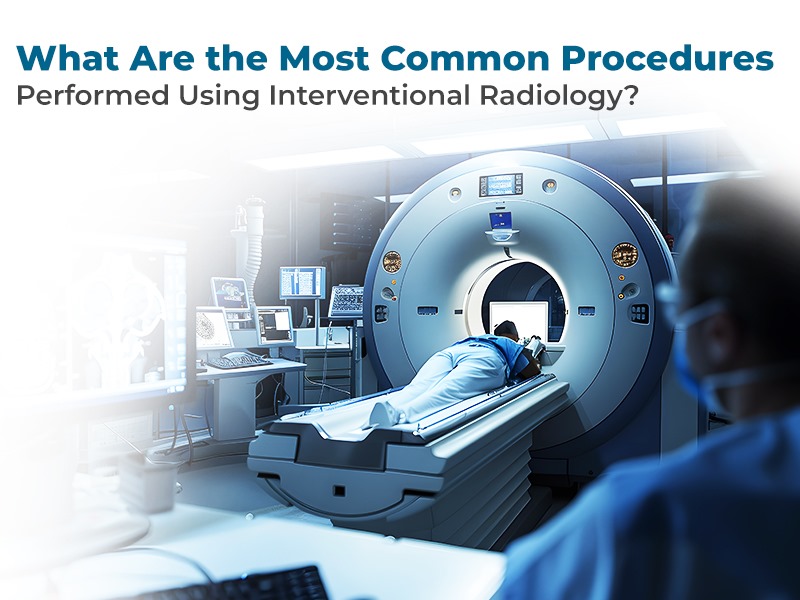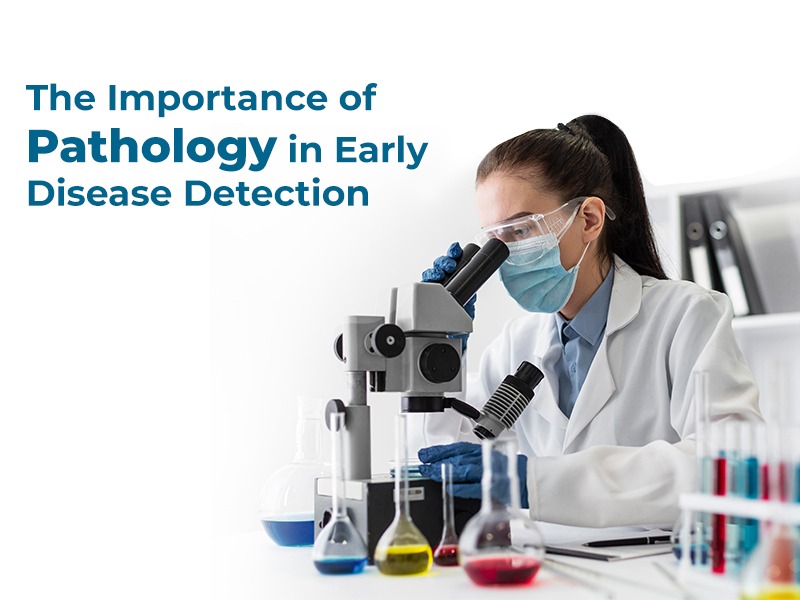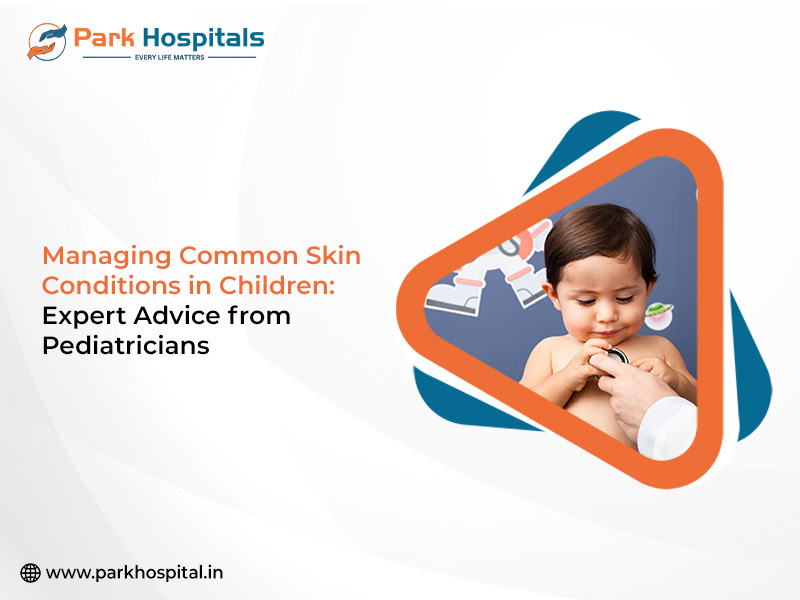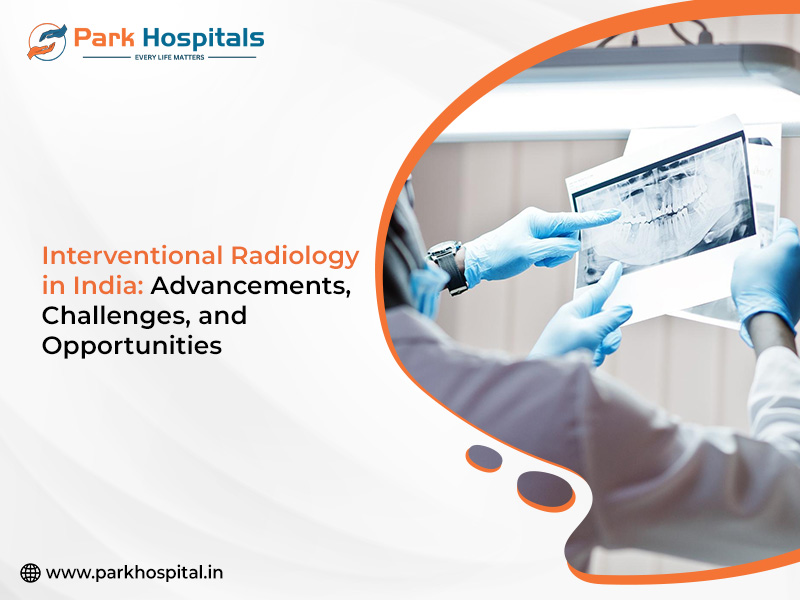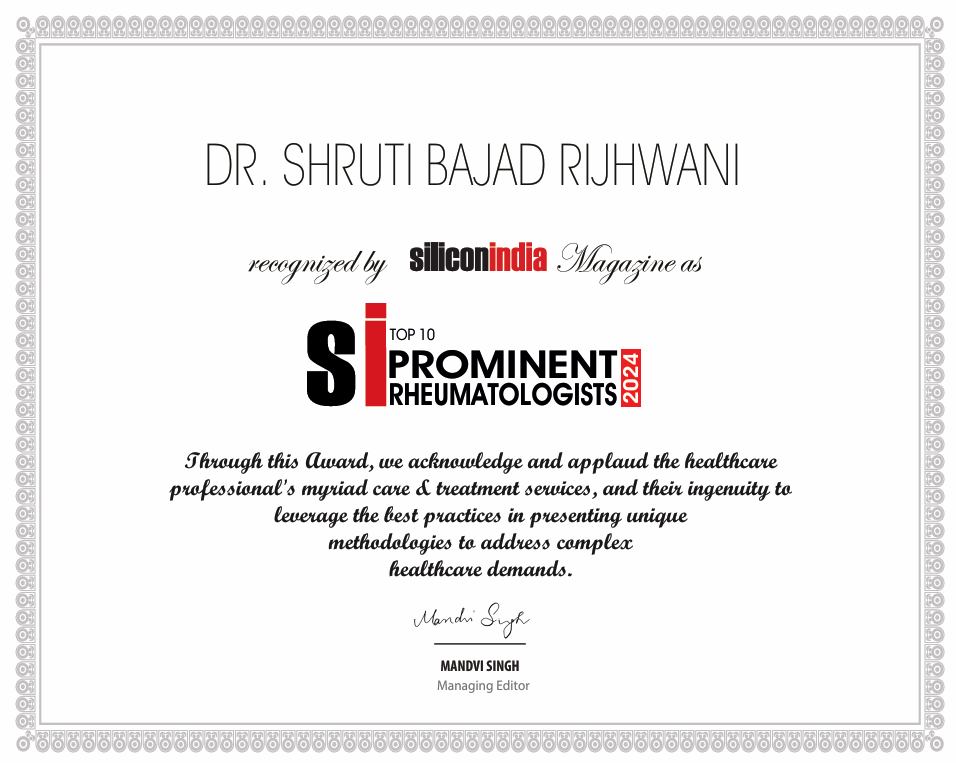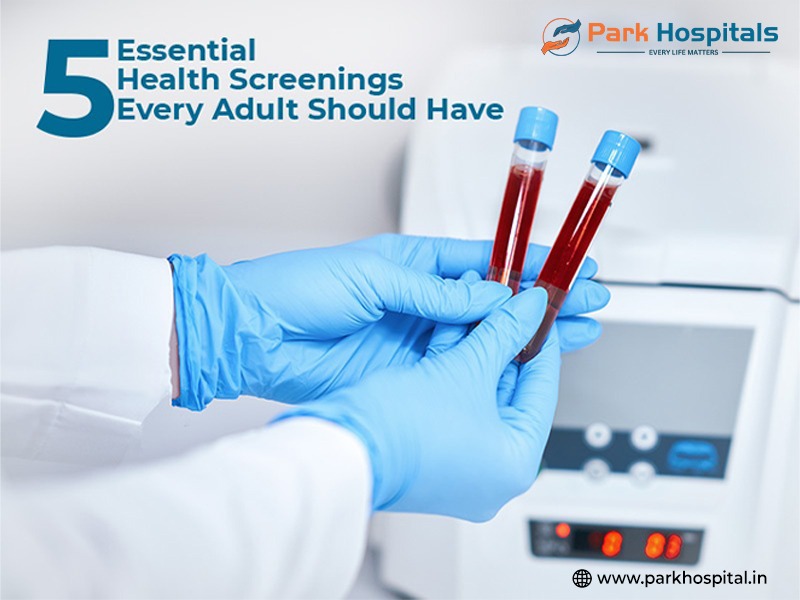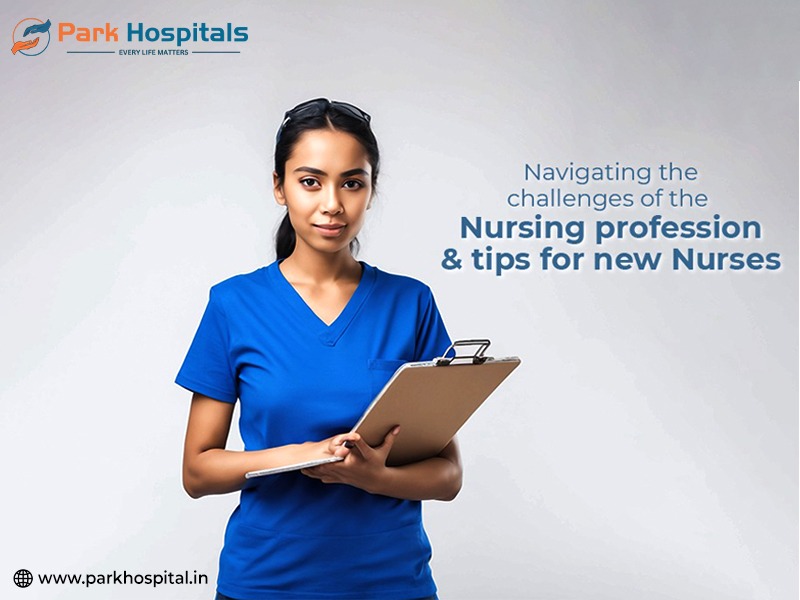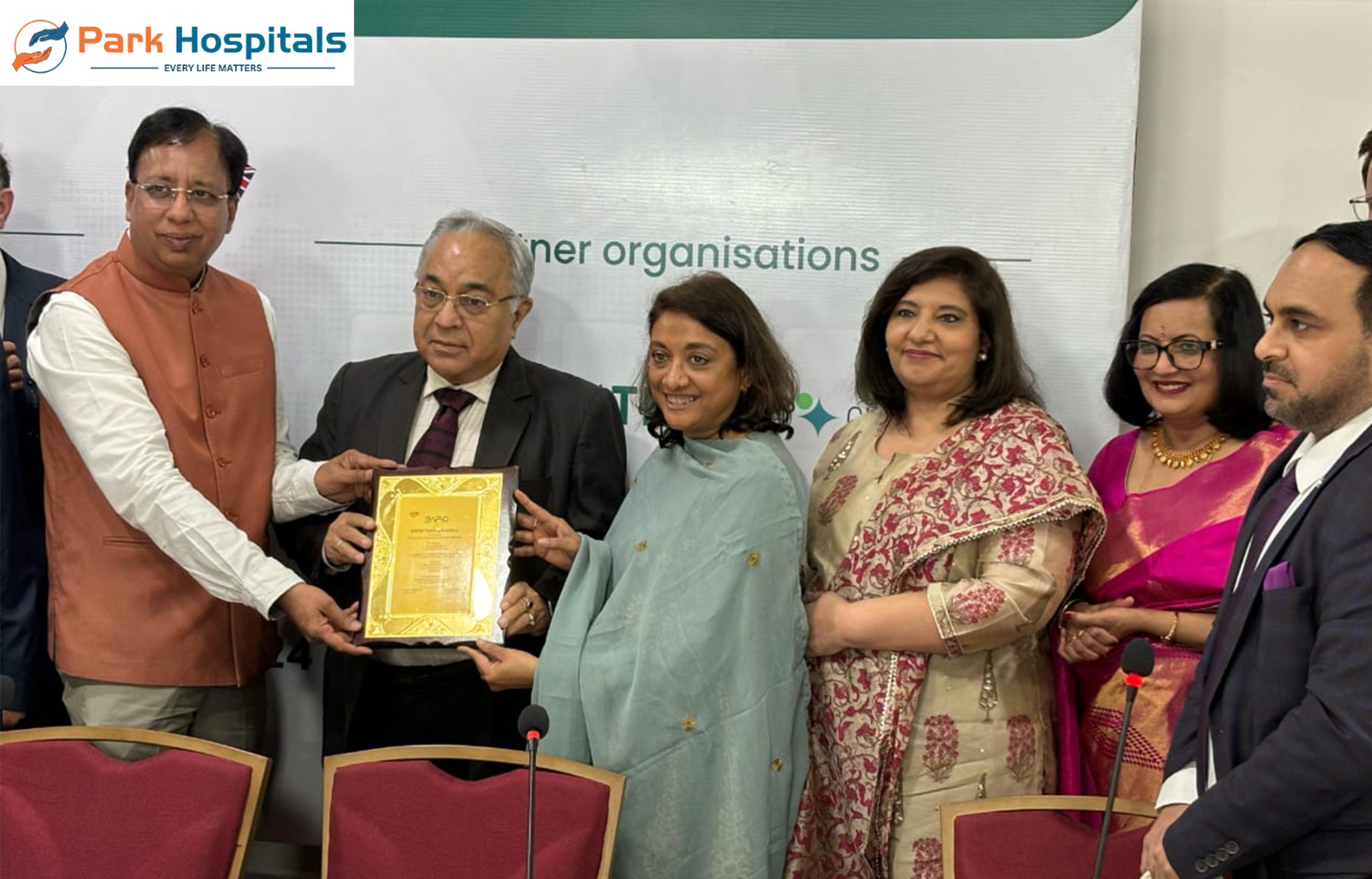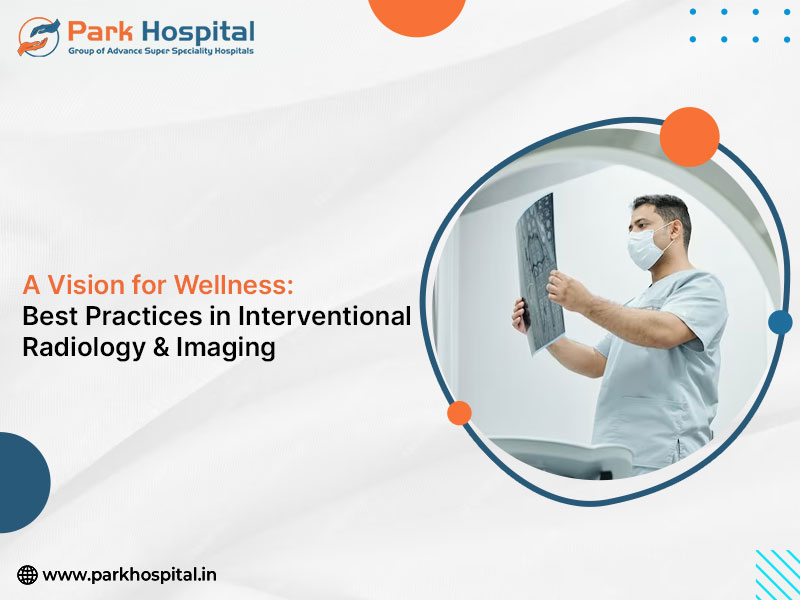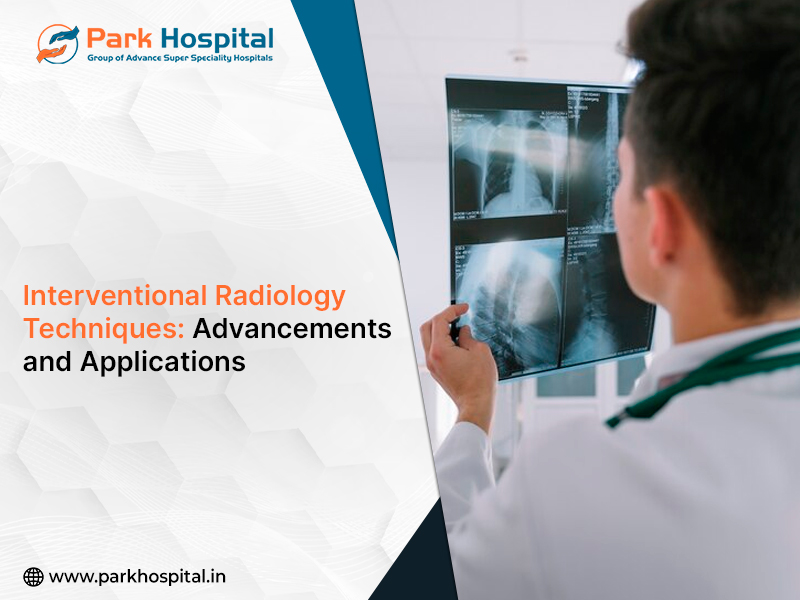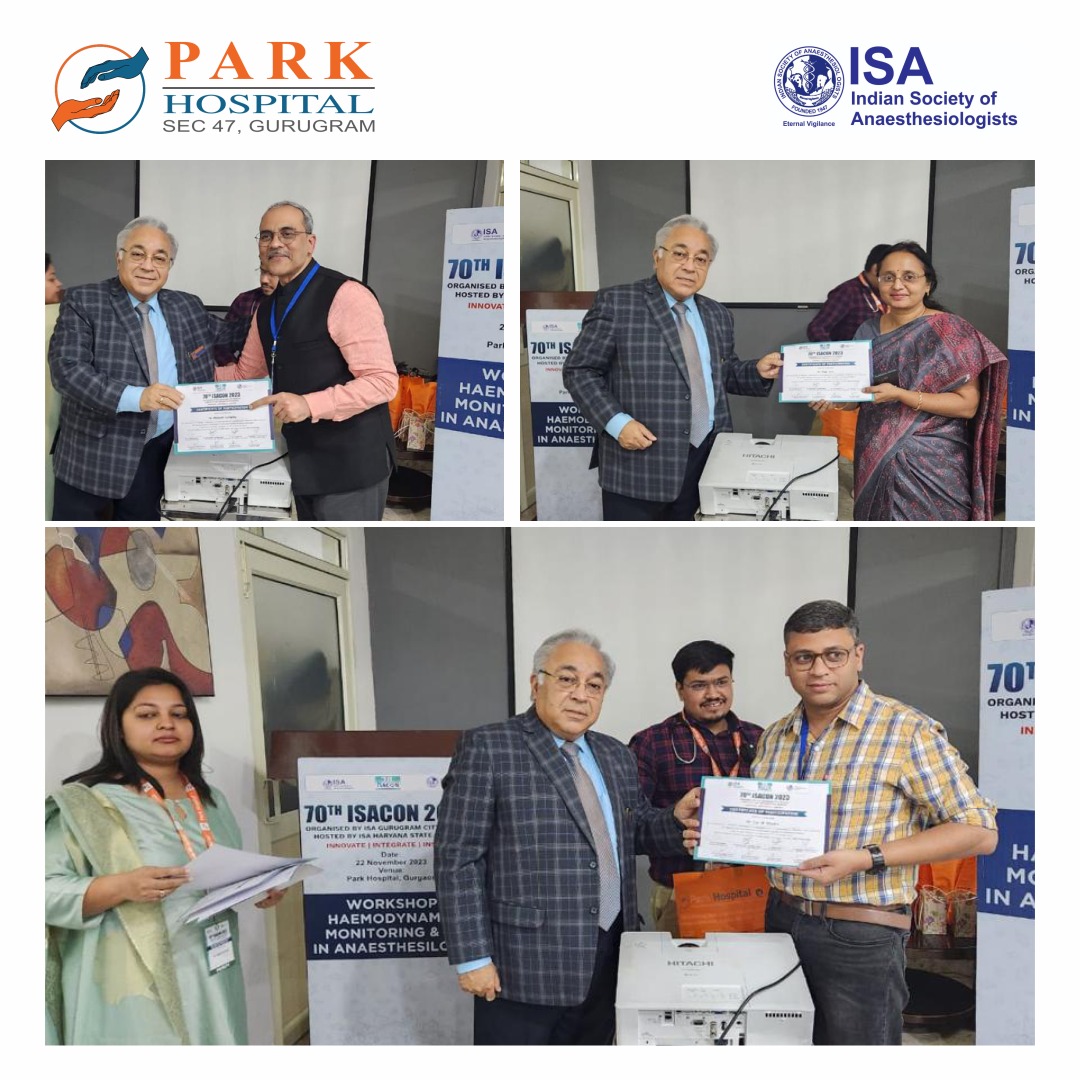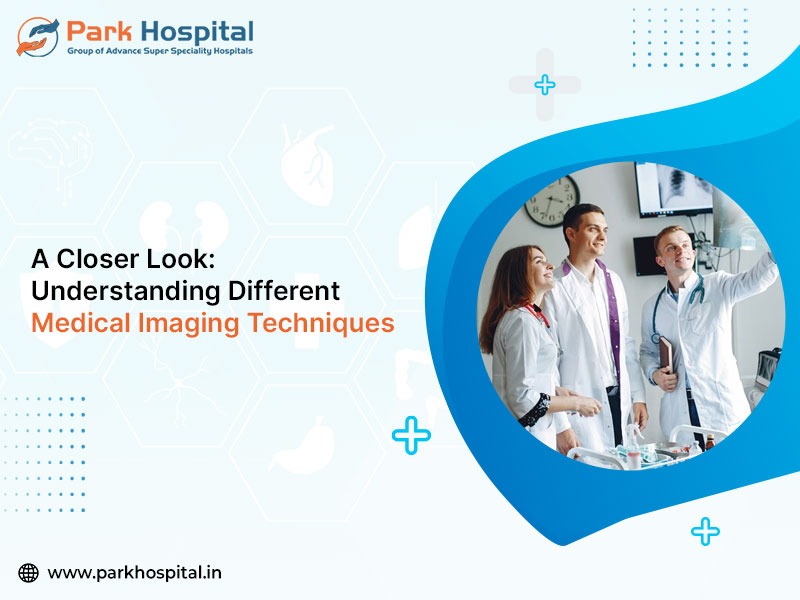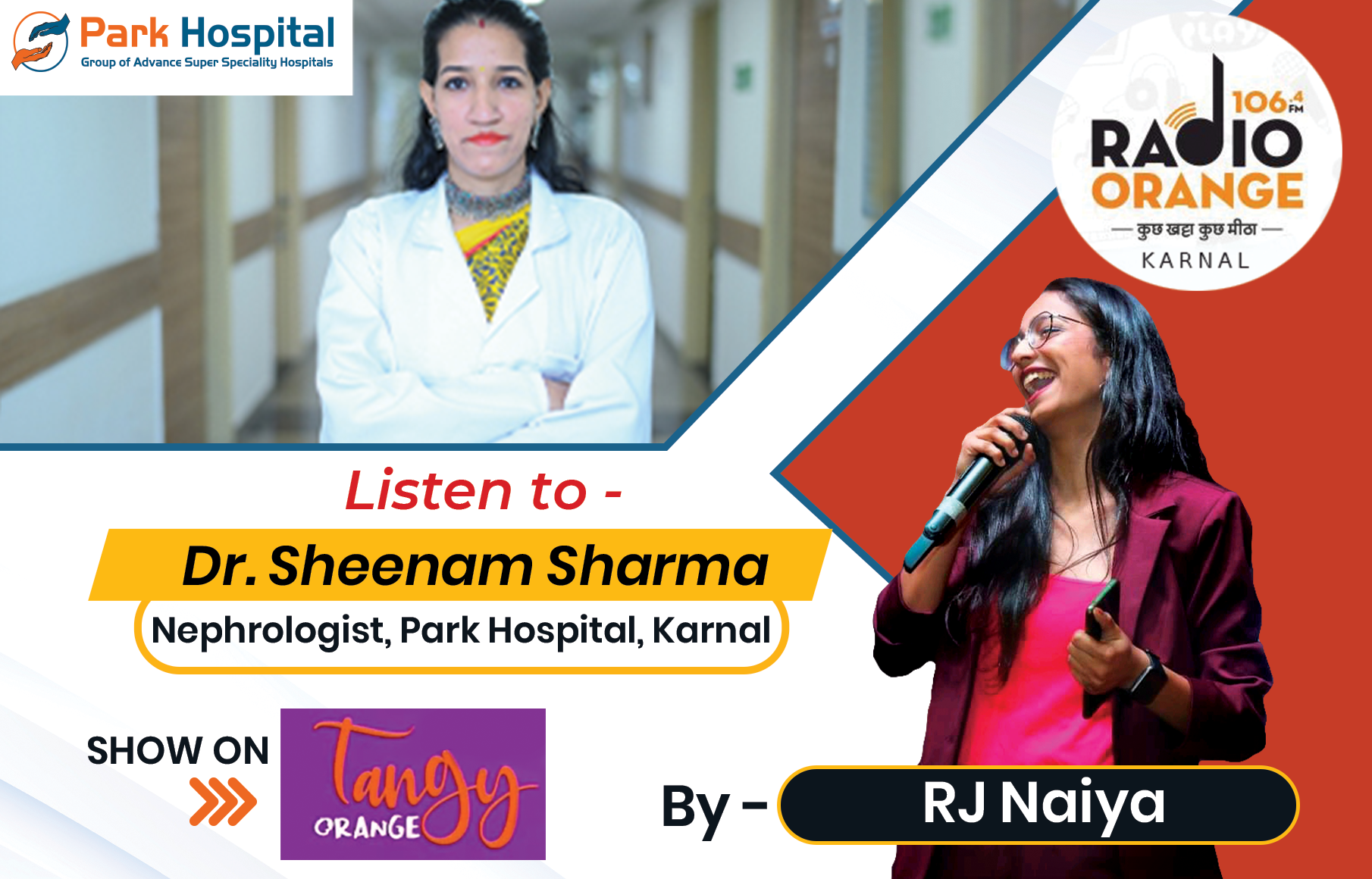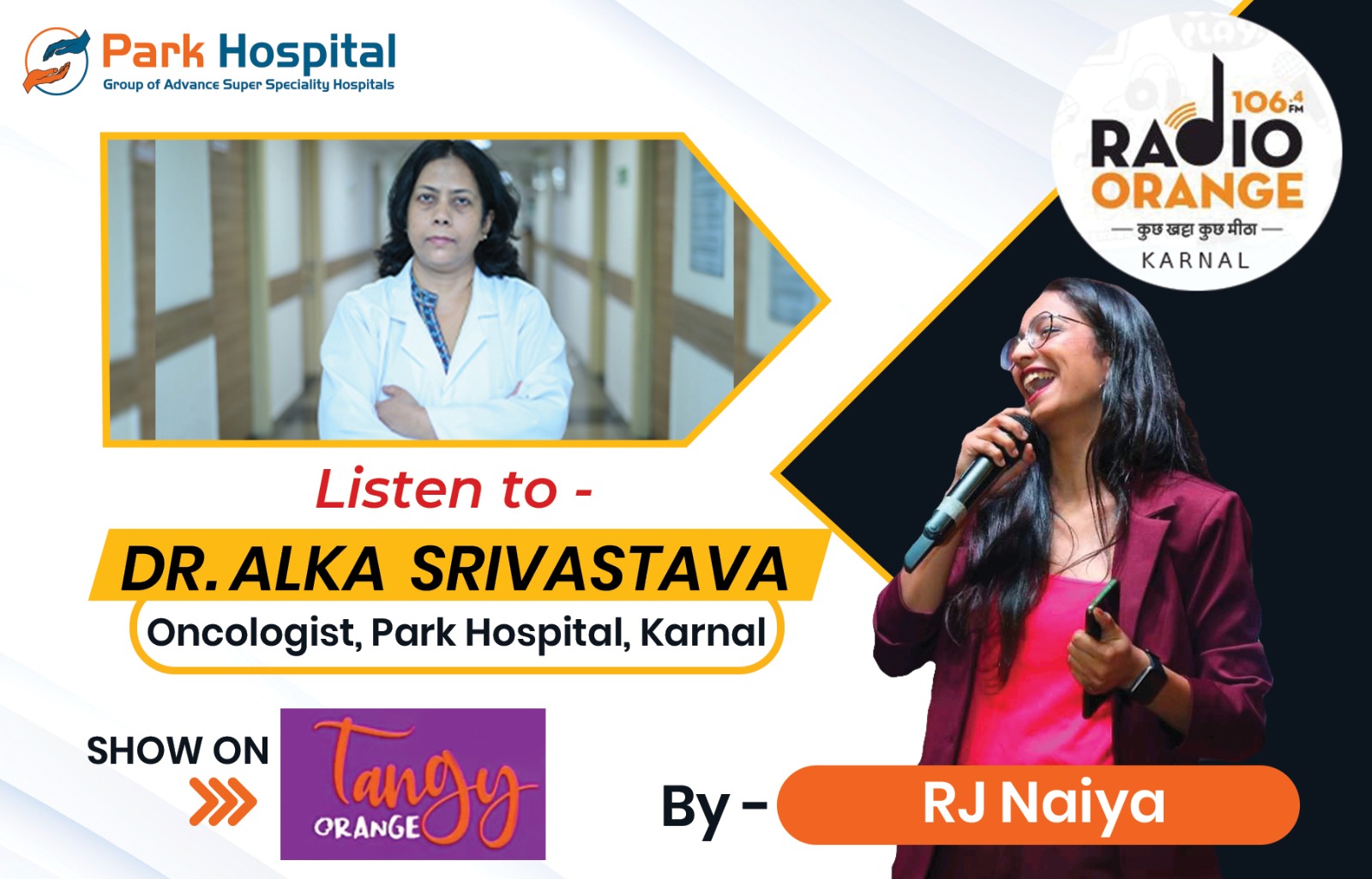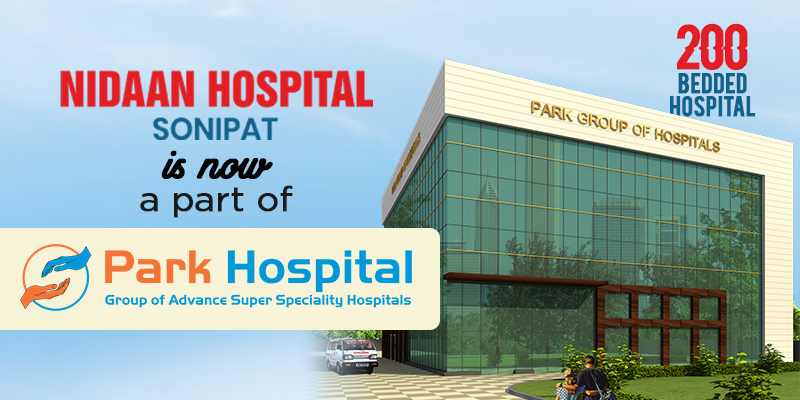Haemorrhoids, commonly known as piles, affect millions worldwide, causing discomfort, pain, and sometimes embarrassment. Fortunately, advancements in medical science offer effective piles treatment without surgery, providing relief without the risks or recovery time associated with invasive procedures. This comprehensive guide explores non-surgical piles remedies, expert insights from piles specialists, and practical tips to manage and prevent haemorrhoids. Whether you're seeking immediate relief or long-term solutions, this article is designed to help you navigate your options with confidence.
Understanding Piles: Causes and Symptoms
Piles are swollen veins in the lower rectum or anus, often caused by increased pressure in the pelvic region. Common triggers include:
a) Chronic Constipation or Diarrhea: Straining during bowel movements can weaken the anal tissues.
b) Sedentary Lifestyle: Prolonged sitting, particularly on hard surfaces, puts strain on the rectal veins.
c) Pregnancy and Childbirth: Hemorrhoids can develop during pregnancy and childbirth due to hormonal changes and physical strain.
d) Obesity: Excess weight puts tension on the pelvic region.
e) Low-Fiber Diet: Lack of fibre leads to hard stools, increasing the risk of piles.
Symptoms vary from mild discomfort to severe pain, including:
Itching or irritation around the anus
Pain or discomfort during bowel movements
Swelling or lumps near the anus
Bleeding during bowel movements (bright red blood)
Early intervention with non-surgical treatments can prevent complications, making it essential to consult a piles specialist for personalized advice.
Why Choose Non-Surgical Piles Treatment?
While piles surgery (e.g., hemorrhoidectomy or stapling) is effective for severe cases, it comes with risks like infection, prolonged recovery, and potential recurrence. Non-surgical treatments are preferred for their:
Minimal Invasiveness: No incisions or anaesthesia required.
Quick Recovery: Most treatments allow same-day resumption of activities.
Cost-Effectiveness: Less expensive than surgical options.
Lower Risk: Reduced chances of complications like incontinence or scarring.
Below, we explore advanced non-surgical haemorrhoid treatment options that are highly effective and backed by medical expertise.
Advanced Non-Surgical Piles Treatment Options
1. Rubber Band Ligation
Rubber band ligation is a popular outpatient procedure for internal haemorrhoids. A small rubber band is placed around the base of the haemorrhoid to cut off its blood supply, causing it to shrink and fall off within a week.
Effectiveness: Works for 70-80% of patients with grade 1-3 haemorrhoids.
Procedure Time: 5-10 minutes per session.
Recovery: Mild discomfort for 1-2 days, with full recovery in a week.
Best For: Internal haemorrhoids causing bleeding or protrusion.
Expert Tip: Consult a piles specialist to ensure proper diagnosis, as this method is unsuitable for external haemorrhoids.
2. Sclerotherapy
Sclerotherapy is the procedure of injecting a chemical solution into a haemorrhoid to force it to shrink by scarring the surrounding tissue.
Effectiveness: High success rate for early-stage piles.
Procedure Time: 10-15 minutes.
Recovery: Minimal discomfort, with most patients resuming normal activities immediately.
Best For: Grade 1-2 internal hemorrhoids.
3. Infrared Coagulation (IRC)
IRC employs infrared light to coagulate the blood vessels that supply haemorrhoids, causing them to shrink.
Effectiveness: Effective for small to medium internal haemorrhoids.
Procedure Time: Less than 10 minutes.
Recovery: No downtime, with mild discomfort subsiding within hours.
Best For: Patients seeking a non-invasive option with minimal side effects.
4. Laser Treatment
Laser therapy is a cutting-edge option that uses focused light to shrink haemorrhoids with precision. It's gaining popularity due to its accuracy and minimal discomfort.
Effectiveness: High success rate for both internal and external haemorrhoids.
Procedure Time: 15-20 minutes.
Recovery: Patients can resume regular activities after 1-2 days.
Best For: Those seeking a fast, precise treatment with minimal pain.
5. Cryotherapy
Cryotherapy utilizes freezing temperatures to shrink haemorrhoids and decrease inflammation.
Effectiveness: Suitable for small haemorrhoids or as a complementary treatment.
Procedure Time: 10-15 minutes.
Recovery: Mild discomfort for a day or two.
Best For: Patients with recurrent small haemorrhoids.
Natural and Home-Based Piles Remedies
For mild cases or as a complement to medical treatments, piles remedies can provide significant relief. Always consult a doctor before using home remedies.
1. High-Fiber Diet
A diet rich in fibre softens stools and reduces straining. Include:
Whole grains (oats, brown rice)
Fruits (apples, pears, berries)
Vegetables (broccoli, spinach, carrots)
Legumes (lentils, beans)
Pro Tip: Aim for 25-30 grams of fibre daily and stay hydrated to enhance digestion.
2. Sitz Baths
Soaking the anal area in warm water for 10-15 minutes, 2-3 times daily, reduces swelling and soothes irritation.
How to Do It: Fill a tub with 3-4 inches of warm water, then sit comfortably.
Benefits: Relieves pain, itching, and inflammation.
3. Topical Treatments
Over-the-counter creams and ointments containing hydrocortisone or witch hazel can reduce swelling and discomfort.
Popular Options: Preparation H, Anusol, or witch hazel pads.
Caution: Use for no more than 7 days to avoid skin thinning.
4. Hydration
Drinking 8-10 glasses of water daily prevents constipation, a major cause of piles.
5. Exercise
Regular physical exercise, such as walking or yoga, boosts blood circulation and relieves strain on the rectal veins.
Expert Insight: A piles specialist may recommend combining these remedies with medical treatments for optimal results.
When to Consult a Piles Specialist
While home remedies and non-surgical treatments work for many, severe or persistent symptoms require professional evaluation. Seek a piles specialist if you experience:
Persistent bleeding during bowel movements
Severe pain or swelling that doesn't improve
Prolapsed haemorrhoids (lumps that don't retract)
Symptoms lasting more than a week despite home treatment
A specialist may use diagnostic tools like anoscopy or sigmoidoscopy to assess the severity and recommend the best treatment.
Preventing Piles: Long-Term Strategies
Prevention is key to avoiding recurrence. Incorporate these habits:
Maintain a Healthy Weight: It takes stress off of the pelvic veins.
Avoid Straining: Don't force bowel movements; use a stool softener if needed.
Stay Active: Regular exercise promotes healthy digestion.
Limit Sitting Time: Take breaks every 30-60 minutes if you have a desk job.
Practice Good Hygiene: Clean the anal area gently with water or mild soap to prevent irritation.
Why Non-Surgical Treatments Are the Future
Non-surgical haemorrhoid treatment options are revolutionizing care due to their accessibility, effectiveness, and patient-friendly nature. With advancements like laser therapy and IRC, patients can achieve lasting relief without the drawbacks of piles surgery. These treatments align with modern healthcare's focus on minimally invasive solutions, offering hope to those seeking quick and safe recovery.
Conclusion: Take Control of Your Health
Piles don't have to disrupt your life. With advanced piles treatment without surgery, you can find relief and prevent recurrence through a combination of medical procedures, lifestyle changes, and natural piles remedies. Consult a piles specialist to create a tailored plan that suits your needs. By addressing symptoms early and adopting preventive measures, you can enjoy a pain-free, active lifestyle.
Call to Action: Struggling with piles? Schedule a consultation with a trusted piles specialist today, or try our recommended home remedies to start your journey to relief. Share your experiences or questions in the comments below—we're here to help!
Also read: Why Piles Are Affecting More Young Adults—and What to Do About It
FAQs
Q1. Can piles be cured without surgery?
Yes, most mild to moderate cases of piles can be treated without surgery using options like rubber band ligation, laser therapy, and home remedies.
Q2. What is the role of fiber supplements like psyllium husk in piles treatment?
Fiber supplements such as psyllium husk and methylcellulose soften stools and prevent straining, which helps reduce piles symptoms and flare-ups.
Q3. Are non-surgical treatments effective for external hemorrhoids?
Yes, treatments like laser therapy and sitz baths are effective for external hemorrhoids. Consult a specialist for the most suitable non-invasive option.

